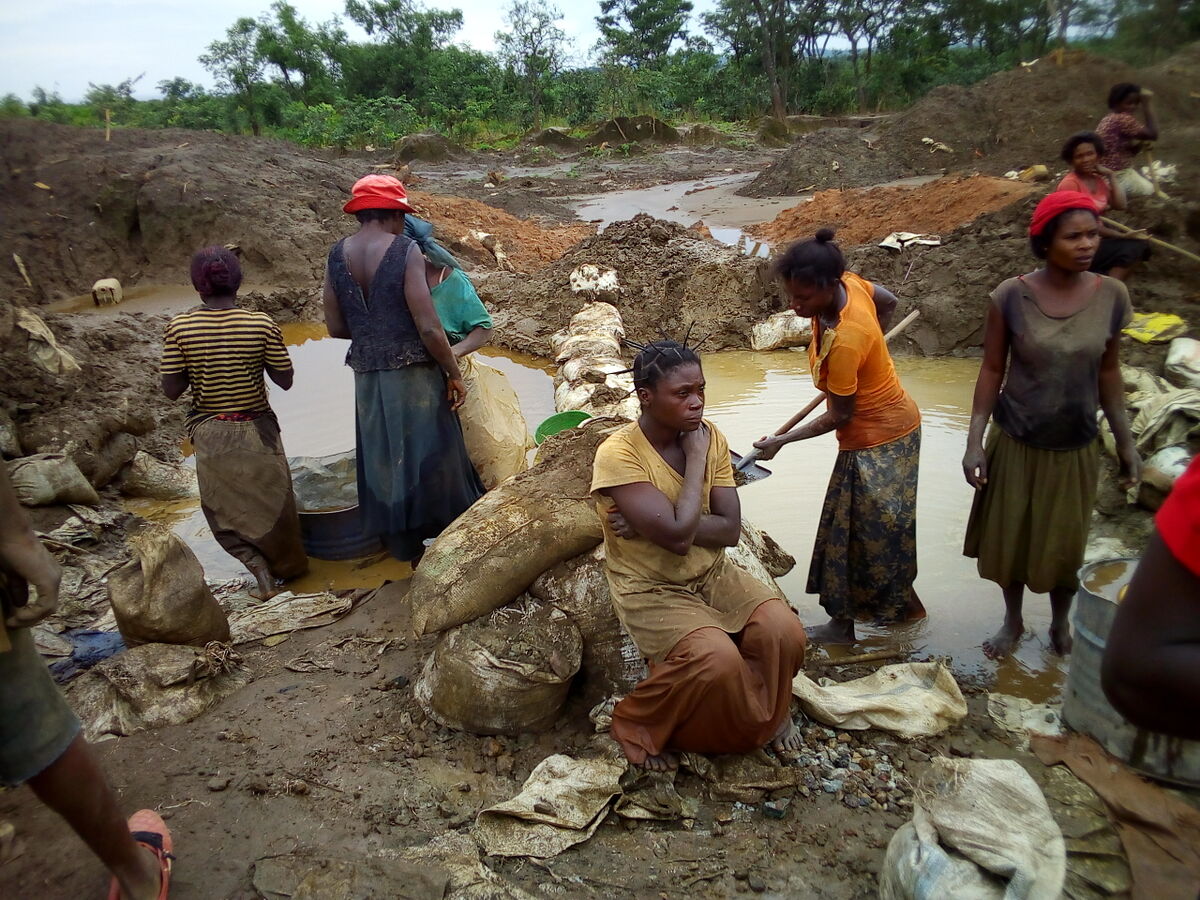Nigerian law enforcement agencies have arrested dozens, includingsome Chinese nationals in a crackdown on illegal lithium mining in the country, according to local media.
The operation aims to regulate mining operations and curb profits funding militia groups, the media averred.
those arrested included unlicensed miners accused of stealing lithium, a critical mineral for electric vehicle batteries, smartphones, and power systems.
The government’s actions come amid a global surge in demand for lithium and other critical minerals, driven by the clean energy transition. Nigeria, Africa’s largest economy, seeks to capitalise on its mineral wealth while tackling illegal mining that thrives due to corruption and minimal government presence in remote areas.
In mid-May, a joint operation by soldiers and police led to a raid on a market in Kishi, Oyo State, which had become a hub for illicit lithium trade. The three-day operation resulted in 32 arrests, including two Chinese nationals, local workers, and mineral traders, along with the seizure of large quantities of lithium.
Jimoh Bioku, a Kishi community leader, described clandestine searches for lithium by Chinese nationals who later engaged locals to mine for them, transforming the market into a transit point for the mineral. ‘The community was particularly worried about the insecurity that usually follows illegal mining, and that was why we reported to the state government,’ Bioku told reporters.
China, a dominant player in the global electric vehicle supply chain, has significant involvement in Nigeria’s mining sector. However, Chinese companies and nationals have often faced accusations of environmentally damaging practices, exploitative labour, and illicit mining activities. The Chinese Embassy in Abuja has not responded to requests for comments on the recent arrests and allegations.
President Bola Tinubu has repeatedly attributed worsening conflicts in northern Nigeria to illegal mining, which provides armed groups with funds. He has called for international assistance to tackle the issue.
Nigeria is emerging as a new lithium source in Africa, as leading producers like Australia and Chile struggle to meet global demand. However, illegal mining deprives the government of significant revenue. Emeka Okoro of SBM Intelligence, who has researched illicit mining and terrorism financing, noted that conflict and climate change have created a vulnerable workforce for mining sites.
‘The arrests of both Chinese nationals and young Hausa boys from conflict-affected regions underscore a troubling pattern,’ Okoro said. ‘The socioeconomic strain from conflict and climate change has created a vulnerable demographic desperate for survival.’
To combat resource theft, estimated to cost the government $9bn annually, Nigeria established a 2,200-strong corps of mining marshals earlier this year. Segun Tomori, spokesperson for the solid minerals ministry, said the new corps is aimed at curbing the activities of illegal miners.
In April, the mining corps arrested two trucks loaded with lithium near Abuja. Later that month, a raid in Karu, Nasarawa State, led to the arrest of four Chinese nationals and the seizure of tons of lithium. These cases are currently in court. Additionally, in April, a federal court in Ilorin sentenced two Chinese nationals to a one-year jail term, with an option of a fine, for illegal mining.
Nigeria has historically neglected its solid minerals sector, resulting in some communities relying on subsistence mining. Tomori stated that the government is encouraging artisanal miners to form cooperatives and operate legally to improve livelihoods and ensure sustainable mining practices.

